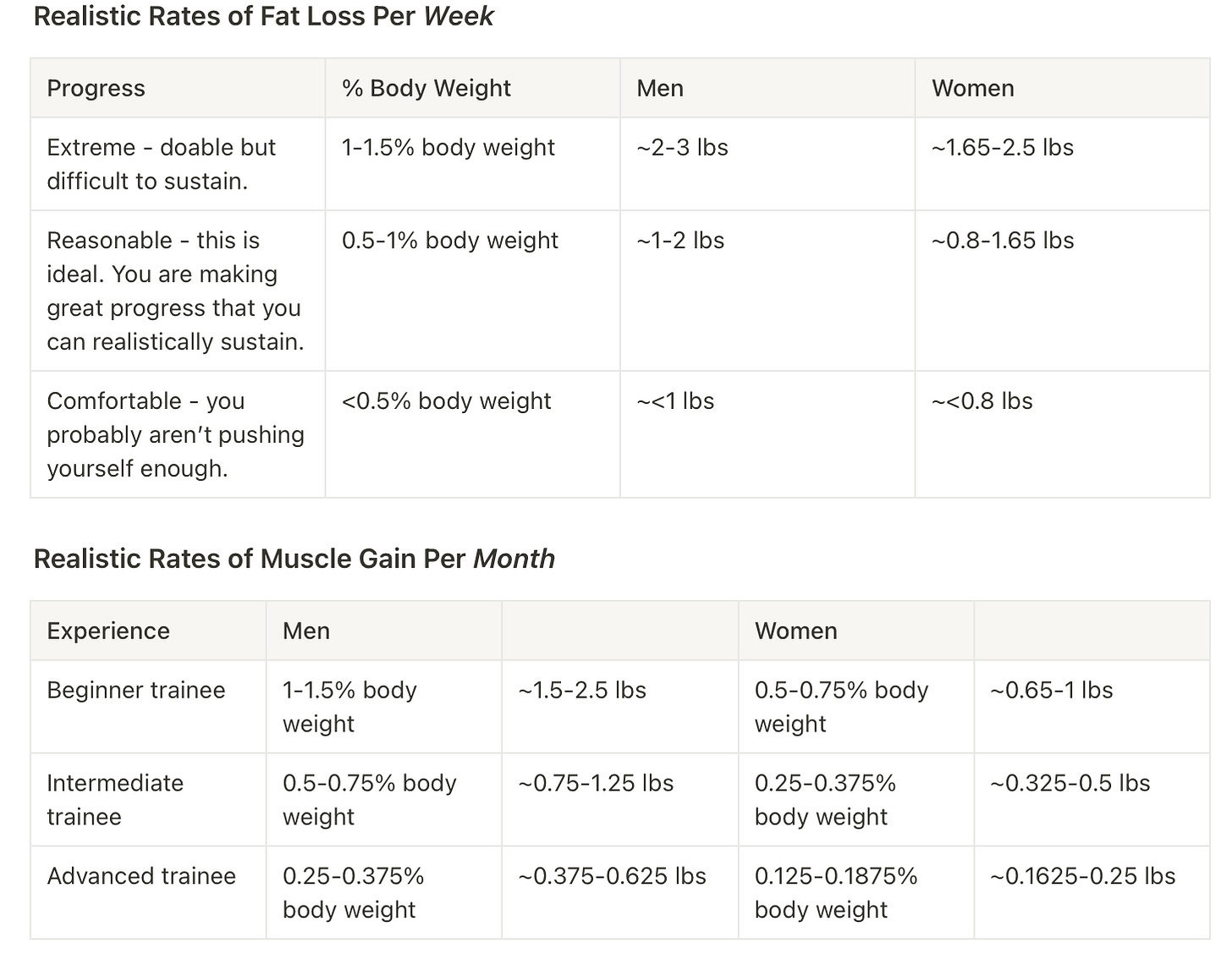Note: While I’m working on my book, I’ll be publishing other articles that I find interesting and I hope you find useful.
What do you think it takes to publish 15 novels in 12 years?
If you’re infected with the same deep rooted grind and hustle culture that permeates America today, you likely envision someone slaving away at a desk with minimal life to speak of.
I mean 15 novels in 12 years is AVERAGING 1.25 novels per year for over a decade…
Yet that’s exactly what Ian Fleming, the famed British author behind James Bond and Chitty Chitty Bang Bang, did while having one hell of a time:1
What stands out to me about the above schedule, aside from how much fun he appears to have had, is twofold:
An intentional slowness - he chose to be the tortoise, not the hare.
A focus on inputs - he understood the consistent, daily inputs required to create a particular output. In his case, that’s 2000 words per day for 12 years leads to 15 novels.
Slowing Down to Speed Up
Hustling, grinding and crushing it can work.
Heck, I spent nearly all of my 20’s following this exact approach.
But it comes at a serious cost - burnout.
While you may be on fire for a short period of time, you won’t ever stick to the necessary inputs (read actions, habits and behaviors) long enough to achieve anything meaningful.
You get stuck thinking short term and never extend your horizon out to appreciate what you can accomplish in 3, 5 or 10 years.
As the saying goes:
“Humans overestimate what they can achieve in 1 year. Yet drastically underestimate what they can achieve in 5”
This is why so many people start diets and workout regiments they never finish.
This is why so many people start businesses that burn like hell for 6-12 months just to putter out and fail.
James Clear summarizes this point nicely in Atomic Habits with his Plateau of Latent Potential graph:
What you’ll notice early on is the discrepancy that exists between what you think should happen and what actually happens - the valley of disappointment.
This is where the vast majority of people quit because they are thinking too short term. They come out of the gates hot, don’t get some immediate, massive short term result, and so they give up.
They don’t realize that meaningful goals and results take consistent inputs over a long period of time.
Popular YouTuber Ali Abdaal is an exceptional real world example of this. In 5 years, he’s grown his YouTube channel to 3.5 million subscribers and brings in something in the ballpark of $3 million per year.
Yet what people don’t see was him posting 2 videos a week for 2 years with slow growth and no revenue when he first got started in 2017.
During that 2 year period is where most people would have given up. Yet consistent inputs and thinking long term has helped Ali achieve incredible results in 5 years.
Another relevant example that I’m intimately familiar with are people looking to lose or gain weight. Let me give you REALISTIC numbers for what you can expect in that realm if you want to do it the right way:
Some people are shocked when they see those numbers, but that’s what they are. If you want to gain 10 lbs, plan to be consistent for ~10 months. If you want to lose 20 lbs, plan to be consistent for ~10 months…
What I’m attempting to hammer home here is the importance of slowing down, thinking long term and focusing on what you can achieve when you consistently execute the right inputs (just like Ian Fleming writing 2000 words per day leading to 15 novels in 12 years).
To steal a line from my brother-in-law Austin Brawner:2
“The more I trust myself and the pace of my life, the happier I become. The more I think long-term, the more attainable my goals feel. I don't believe there are goals too lofty, only deadlines that are too short.
What Are Your Inputs?
The golden question then is - what are the consistent inputs you need to be focusing on each day/week to achieve your goals??
Because you are capable of truly incredible things, if you can consistently execute the right inputs over a period of time.
Let me give you 2 quick examples.
First, I set some physical goals this year for the first time in a long time. They are:
Get back to 200 lbs (I’m currently 190 lbs)
Run sub 7 minute mile (this isn’t something I’ve ever prioritized)
Get back to deadlifting 500lbs for reps, benching 275 lbs for reps, and squatting 400 lbs for reps (all numbers I’ve hit previously but let fall off while I focused on other projects)
I know that in order to achieve those goals, I need to hit my macros daily and execute my 6 workouts each week (these are my inputs). If I do that consistently, I will achieve each of those goals by August or September of this year.3
Second, let’s say you’re an aspiring Twitter star that wants 100k followers. Currently you’re at 100 but you know for each thread you post you get ~1k new followers. Great, you know that you need to publish 100 threads to reach your goal, so a reasonable input is 2 threads per week for the next 50 weeks.
If you’re paying attention, the flow here is quite simple:
Determine your long-term goal (this is the output)
Reverse engineer to the daily or weekly inputs needed to achieve that output
What To Do If You Don’t Know Your Inputs
If you don’t know the inputs required to achieve a particular output, then you have 2 options:
Option 1: Faster - find a mentor or a hire a coach that tells you what the inputs need to be, and ensures the inputs are of the appropiate quality. This is the fastest way to get what you want.
Option 2: Slower - do your own research to find what the inputs need to be. This can be done but will often take you much longer than option 1.
Some Parting Questions
I hope this post has got you thinking about your goals, actions, habits and inputs differently.
To help stimulate further thought, I’ll leave you with 3 questions:
Where are you rushing in your life right now?
Is there any place in your life you can slow down and get the same result?
What’s the equivalent of your 2000 words per day?
At least it appears he did.
Side note - thank you Austin for the subject of this article
I have 10 years of experience doing this, so I know the math and what to expect.








Great message. Puts thing well into context 👌
Found this really useful. Thanks!!